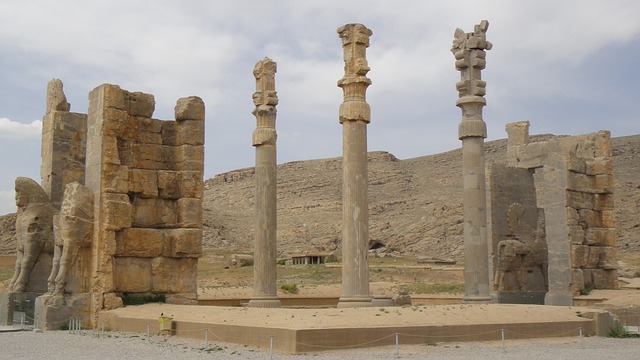Figures of Thought in Marjane Satrapi’s Persepolis and Riad Sattouf’s The Arab of the Future
DOI:
https://doi.org/10.31273/eirj.v8i1.642Keywords:
truthfulness and falseness, the autobiographical pact, comic philosophy, the possibilities of art to invoke thought, fabulationAbstract
This article takes Deleuze and Guattari’s ideas on art’s inventive function as a point of departure to analyse two graphic narratives that undermine ideas about truthfulness: Marjane Satrapi’s Persepolis and Riad Sattouf’s The Arab of the Future. It is argued that these allegedly autobiographical memoirs undermine genre conventions to create an implied readership who co-witnesses Satrapi’s and Sattouf’s experiences of oppression, racism, and war during their respective childhoods. It is shown how Satrapi and Sattouf undermine the autobiographical pact through graphic narrative’s ‘figures of thought’, a term introduced to capture the formal, thematic, and narrative possibilities of comics and graphic literature to make readers come into contact with unforeseen visions—and to possibly think anew. Specific attention is paid to the narrative voice, which in Satrapi’s and Sattouf’s works often goes beyond the personal perspective to account for collective experiences, as well as to the use of colour and line work that add critical layers to the stories told. In line with Deleuze and Guattari’s arguments, the poetic, which is the productive function of art, is shown to go beyond questions of truthfulness and falseness, allowing for new ways of thinking and for the creation of new worlds.
Funder Acknowledgement
Doro Wiese was a WIRL-COFUND Fellow at the Institute of Advanced Study at the University of Warwick supported by funding from the European Union's Horizon 2020 research and innovation programme, under the Marie Skłodowska Curie Actions COFUND programme (grant agreement number 713548).
Exchanges Discourse Podcast
A Conversation with…Doro Wiese [13:50]
Downloads

Downloads
Published
Issue
Section
License
Copyright (c) 2020 Doro Wiese

This work is licensed under a Creative Commons Attribution 4.0 International License.
Authors who publish with this journal agree to the following terms:
Authors retain copyright and grant the journal right of first publication with the work simultaneously licensed under a Creative Commons Attribution License (CC-BY), which permits use and redistribution of the work provided that the original author and source are credited, a link to the license is included, and an indication of changes which were made. Third-party users may not apply legal terms or technological measures to the published article which legally restrict others from doing anything the license permits.
If accepted for publication authors’ work will be made open access and distributed under a Creative Commons Attribution (CC-BY) license unless previously agreed with Exchanges’ Editor-in-Chief prior to submission.
Authors are able to enter into separate, additional contractual arrangements for the non-exclusive distribution of the journal's published version of the work (e.g., post it to an institutional repository or publish it in a book), with an acknowledgement of its initial publication in this journal.
Authors are permitted and encouraged to post their work online (e.g., in institutional repositories or on their website) prior to and during the submission process, as it can lead to productive exchanges, as well as earlier and greater citation of published work. (see: The Effect of Open Access)
